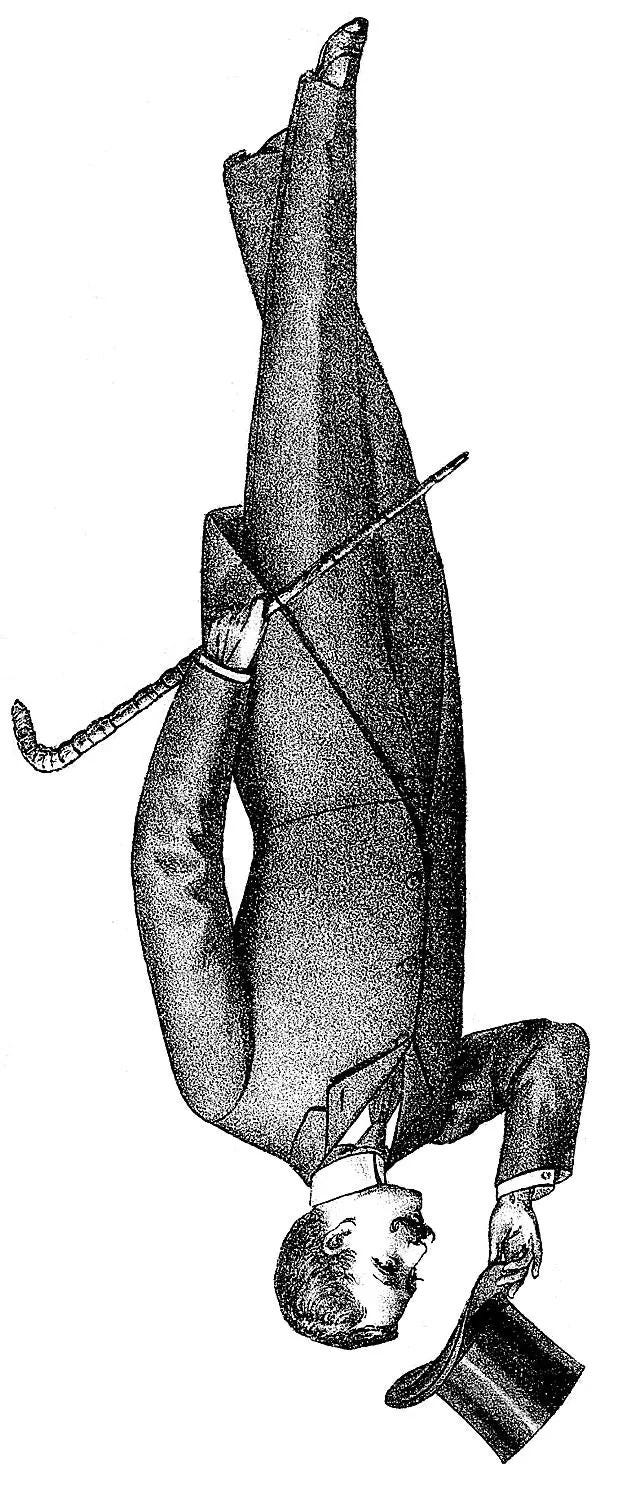Article Review: "Lifting the Curtain" by Kelly Ahlfeld
Nothing new is communicated, and her analysis is superficial and naive.

(Note, this essay was originally written for one of my college classes, edited and in some places expanded.)
Kelly Ahlfeld’s “Lifting the Curtain” (2019) article is an attempt to argue that librarians should incorporate students, learners and other stakeholders in the collection curation process. By doing so, Ahlfeld seems to argue, learners will be better able to manage the deluge of information, much of which is fake, that the internet bombards them with every day.
There is nothing particularly interesting or new in this article. Of course, learners need to think critically and that critical thinking skills need to be taught.
What we need are exact details on how to do this, and those are lacking in “Lifting the Curtain”. Instead of providing these details Ahlfeld offers platitudes lifted from AASL Standards. For example, AASL says to “establish policies that promote effective acquisition, description, circulation, sharing, and access to resources within and beyond the school day” (2018, p. 62 as cited in Ahlfeld 2019, p. 447). What are those policies? How does one invent them? How does one know if they in fact promote effective acquisition, etc.? What is meant by effective? How might it be measured? What, precisely, does “beyond” the school day mean: 3 p.m.? 7 p.m.? Midnight? Holidays? I could go on, but I made my point.
Moreover - and perhaps more importantly- Ahlfeld doesn’t address the millennia-old question, quis custodiet ipsos custodes? She specifically recommends using Snopes as a reliable fact-checking source but fails to mention that Snopes has made mistakes. What is one to do when the fact-checkers get the facts wrong?
In a similar vein, there is also the problem of who gets the final say on what is legitimate or fake. Historical facts may have the consensus of experts (emphasis on “may”), but current events have anything but. Is the covid lab leak theory fake news? There was a time this was summarily dismissed as conspiracy theory, but now highly regarded news sources are entertaining the theory seriously.
Alhfeld writes that some learners “bring equal weight to a tweet or a meme as they do a headline” (2019 p. 444). Unfortunately, so do many respected news sources. Bari Weiss, formerly of the New York Times, said that Twitter (now X) had become that paper’s “ultimate editor” (Izadi & Barr 2020). This is just one example of many. Young people, it seems, have good reason to express a “low level of trust in the news media” (Madden et al. 2017, pp. 4-5 as cited in Ahlfeld 2019, p. 444).
I do not believe we live in a post-truth world. The postmodernists are wrong. But deciphering that truth from the noise is now more difficult than ever, as Valenza writes: “[T]he Internet firehose analogy rings even truer today,” with each person able to be “not only a consumer but also a potential media producer” (Valenza, 2012 as cited in Ahlfeld 2019, p.444).
This slew of new producers is a double-edged sword. On one hand it adds more noise. On the other, it opens opportunities for new fact checkers and reporters to unscramble that noise. After leaving the New York Times, Bari Wiess founded The Free Press - an excellent, independent journalistic publication.
Truth exists. Facts are real. But neither are readily evident. We must tease them out through the scientific method and robust discourse and debate.
In conclusion, there is nothing in Alhfeld’s article that I disagree with, I merely find her analysis superficial and naive. We all want to teach critical thinking skills and encourage independent fact checking. But how do we do it? Alhfeld does not sufficiently answers this question.
Moreover, it is possible - indeed, it has happened - that so-called fact checkers and “reliable” sources push agendas. And they’ll do this at the expense of truth. For example, one need to look no further than the three major cable news networks: Fox, CNN and MSNBC. If you believe anything they say I have a bridge to sell you.
References
Ahlfeld, K. (2019). Lifting the Curtain: Examining the importance of the Shared Foundation IV: Curate in the National School Library Standards for Learners, School Librarians, and School Libraries. Journal of Library Administration, 59(4), 442–454. https://doi-org.proxy.library.kent.edu/10.1080/01930826.2019.1593712
Izadi, E. & Barr, J. (2020). Bari Weiss resigns from New York Times, says ‘Twitter has become its ultimate editor.’ The Washington Post. Bari Weiss resigns from New York Times, says ‘Twitter has become its ultimate editor’ - The Washington Post


